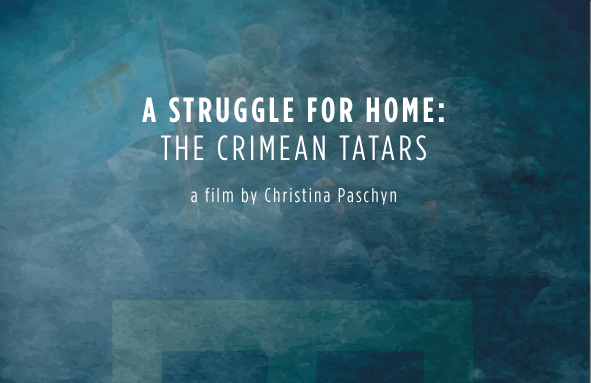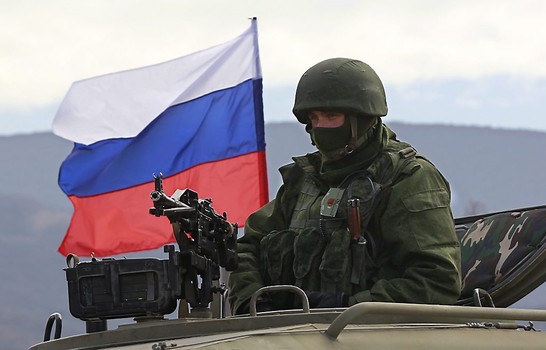The film will be shown at Docs for Sale at the International Documentary Film Festival Amsterdam (IDFA).
When journalist Christina Paschyn traveled to Crimea in 2012 to make a documentary film about the Crimean Tatars, she never imagined that her story would change so drastically just two years later.
Her documentary film, “A Struggle for Home: The Crimean Tatars,” depicts the rich and often tragic history of the Crimean Tatar people, from ancient times to the aftermath of the 2014 Russian annexation of the Crimean Peninsula.
Paschyn had originally planned to focus on the lack of available land for Tatars who had recently returned to their homeland after decades of Soviet-enforced exile in Central Asia.
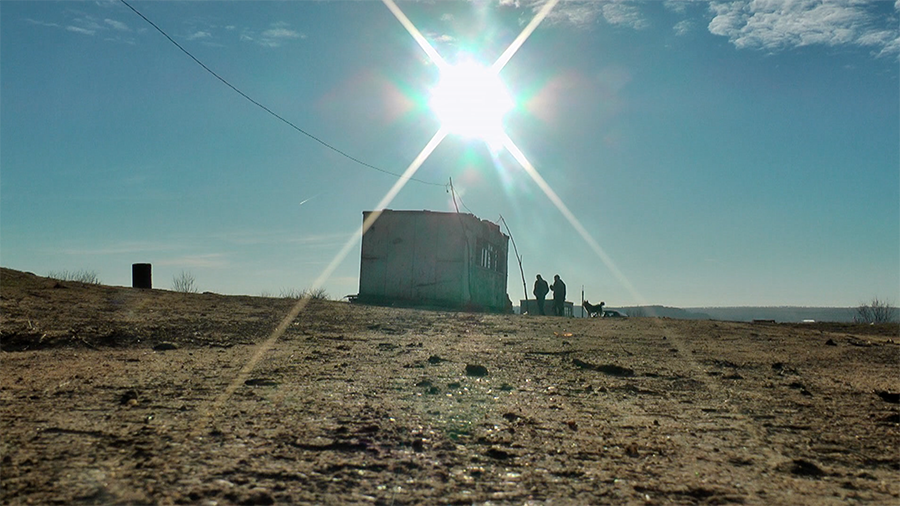
But in 2014, everything changed: Russian President Vladimir Putin invaded and annexed the peninsula from Ukraine. This unexpected event would prove to be one of the most significant and devastating moments in Crimean Tatar history.
Read more: Chronology of the annexation of Crimea
Paschyn knew she had to update her film.
“When I traveled to Crimea in 2012, everyone I interviewed, including pro-Russian activists, had told me that a Russian takeover of the peninsula would never happen, or at least was extremely unlikely,” said Paschyn, who is an American filmmaker and multimedia journalist.
“Then in 2014, the unthinkable did occur. I knew my project would be incomplete if I didn’t change my focus,” she said. “I needed to chronicle the many twists and turns that the Crimean Tatars’ struggle for freedom and national autonomy has taken throughout the centuries.”
The Crimean Tatars, a Muslim-Turkic people, are considered by many academics to be the indigenous population of the peninsula. They were the masters of the land up until 1783, when the Russian Empire conquered it.
Since then, the Tatars have struggled to reclaim the peninsula from Russian control and domination.
In the process, they have suffered ethnic and religious persecution, including a Soviet genocide that saw their entire population forcibly deported from Crimea to Central Asia in 1944. Some 46 percent of the Tatar population is estimated to have died after the deportation in their first two years of exile.
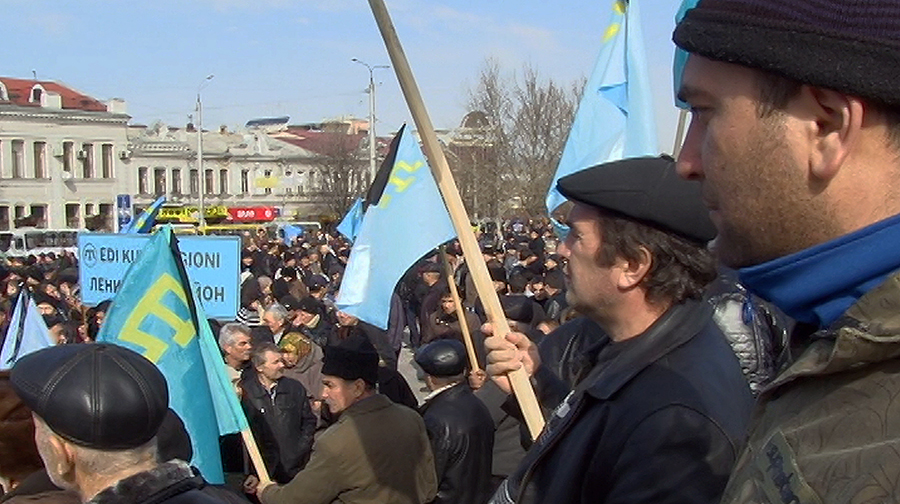
“A Struggle for Home” tells the little known story of the Crimean Tatars and their long, non-violent battle for freedom in their native land. It is written and directed by Paschyn and co-produced by Paschyn Productions and Mediadante.
The film features interviews with Crimean residents, Russian nationalists, Tatar activists, survivors of the 1944 deportation, and historians.
Mustafa Dzhemilev, the leader of the Crimean Tatar people, and his wife, Safinar Dzhemileva, also appear in the film. In a particularly poignant moment, Dzhemileva, an activist and leader in her own right, recounts how their relationship blossomed in spite of the numerous arrests and years in Soviet prison that her husband endured because of his work for the Tatar nationalist movement.
In April 2014, Russian authorities banned Mustafa from entering Crimea for five years. In the film, Dzhemileva explains why, despite his exile, she still won’t leave Crimea and what steps the Crimean Tatars are planning to take next to resist the Russian occupation.
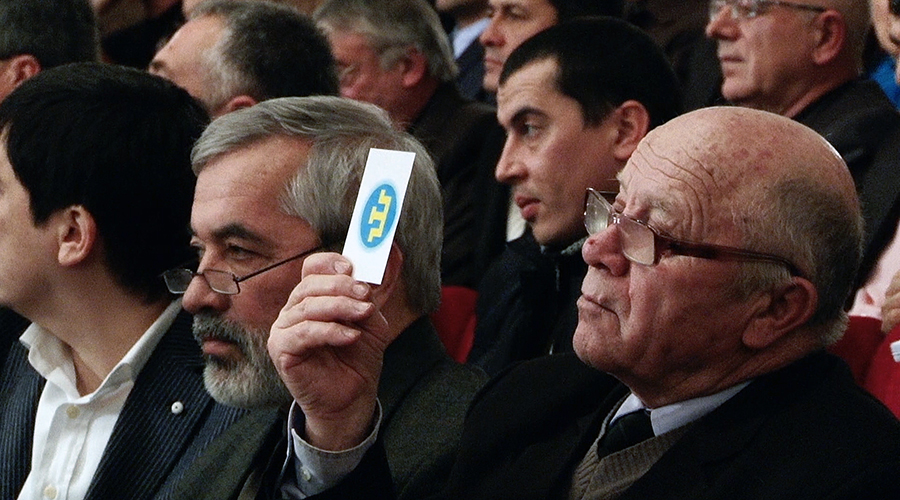
“A Struggle for Home” explores the history of the Crimean Tatars from the emergence of their own state in the 15th
century, their lives under Tsarist and Communist rule and the Soviet deportation, to the Tatars’ return to the peninsula after the collapse of the Soviet Union, and the antagonism they continued to face from Russian nationalists even after Crimea was declared part of an independent Ukraine.
It also chronicles the events surrounding the 2014 Russian invasion and re-annexation of the peninsula, and the human rights violations the Tatars have experienced since.
Read also: Crushing dissent. Timeline of repressions against Crimean Tatars in occupied Crimea
The film will be shown at Docs for Sale at the International Documentary Film Festival Amsterdam (IDFA) from November 20-27th.
Visit the film’s website at http://astruggleforhome.com/
for future screening announcements.
You can also follow “A Struggle for Home” on social media:
Facebook: https://www.facebook.com/astruggleforhome
Twitter: https://twitter.com/StruggleForHome


